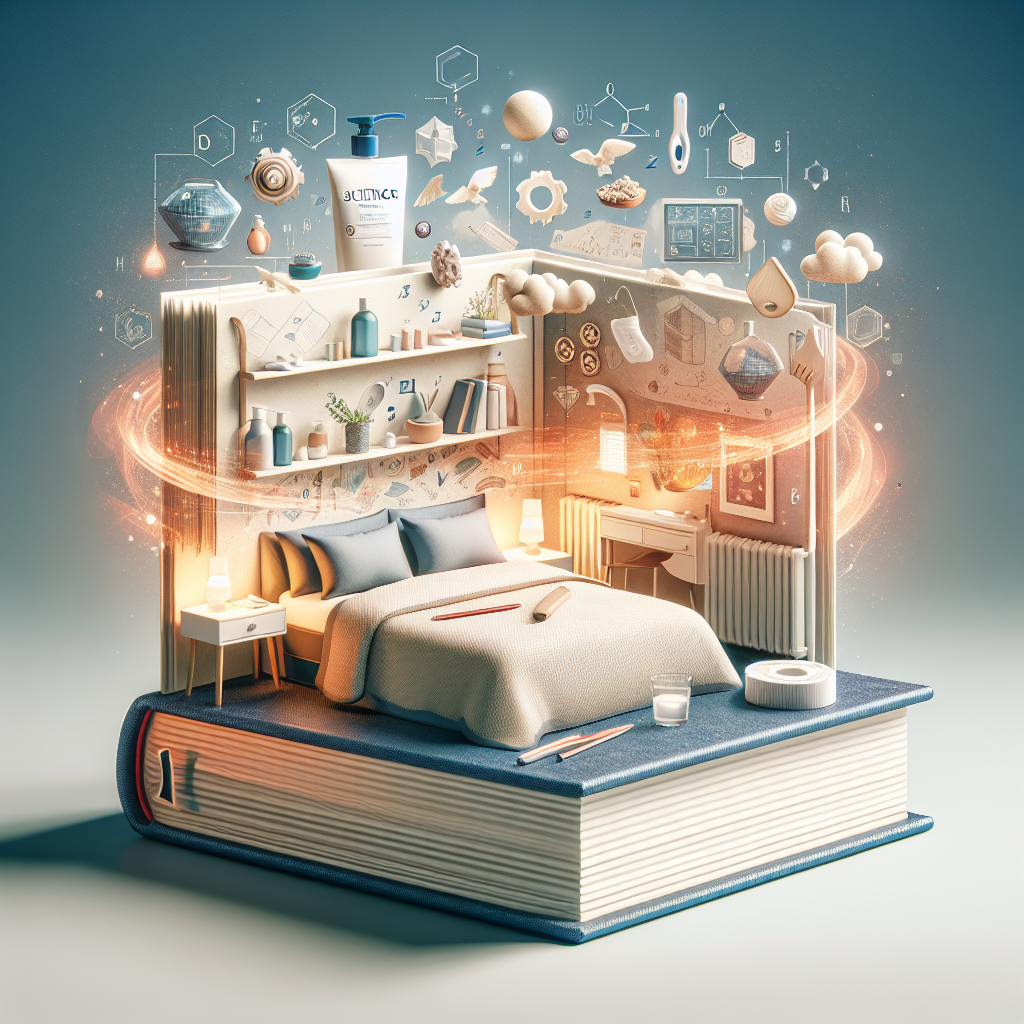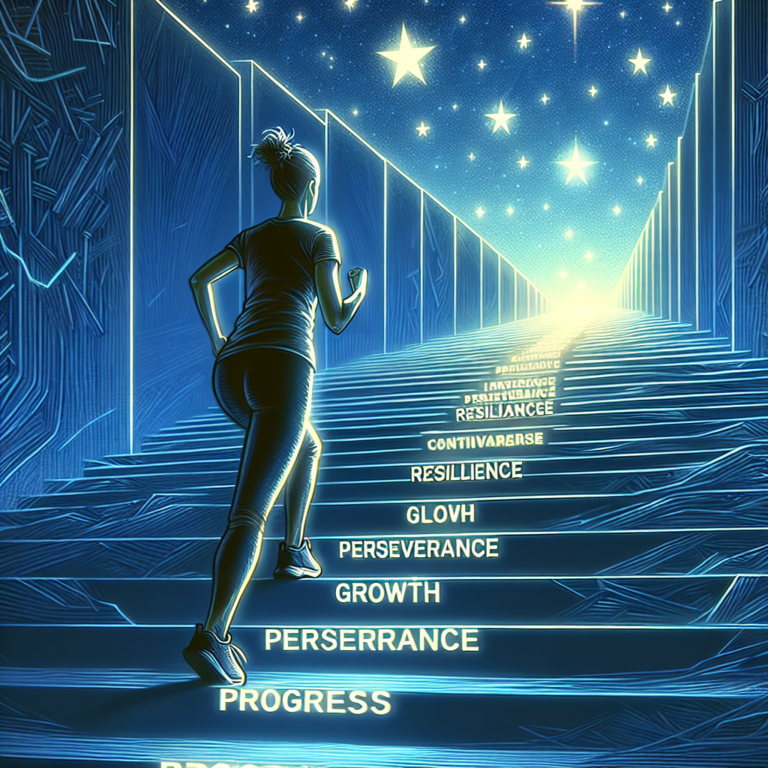
Sleep Science 101: Boost Your Rest with Better Hygiene Habits
Introduction
Imagine tossing and turning every night, praying for a blissful slumber that never arrives. If you’ve ever found yourself in this cycle of sleeplessness, you’re not alone. The importance of sleep in our lives cannot be overstated; it influences our productivity, mental health, and overall well-being. Sleep Science 101: Boost Your Rest with Better Hygiene Habits is more than just a catchy title; it’s a comprehensive guide to understanding the science behind sleep and how you can improve your nighttime routine. Creating a conducive sleep environment through better hygiene habits isn’t just helpful; it’s essential for recharging your mind and body.
In this article, we’ll explore various aspects of sleep science, delve into effective hygiene habits, and provide you with actionable tips to enhance your rest—from optimizing your sleep environment to incorporating specific nightly rituals. Ready to transform your sleep? Let’s dive in!
Understanding Sleep Science
What is Sleep?
Sleep is a complex biological process that occurs in cycles throughout the night. Each cycle comprises multiple stages, including light sleep, deep sleep, and REM (rapid eye movement) sleep. The quality of sleep you receive can influence everything from your cognitive function to your emotional well-being.
Sleep Stages
| Sleep Stage | Duration (per cycle) | Key Functions |
|---|---|---|
| Light Sleep | 5-15 minutes | Transition between awake and sleep |
| Deep Sleep | 20-40 minutes | Physical restoration and healing |
| REM Sleep | 10-20 minutes | Memory processing and emotional recharge |
Why Is Sleep Important?
Quality sleep is linked to numerous health outcomes, including weight management, heart health, and mental clarity. Consistent lack of sleep increases the risk of chronic conditions such as obesity, diabetes, and anxiety disorders. According to the Centers for Disease Control and Prevention (CDC), about one-third of Americans report that they usually get less than the recommended amount of sleep. This brings us to the concept of sleep hygiene.
What is Sleep Hygiene?
Sleep hygiene refers to a variety of practices and habits that promote consistent, uninterrupted, and restorative sleep. Improving your sleep hygiene can lead to profound benefits in your overall health and well-being.
Key Components of Sleep Hygiene
- Consistency: Going to bed and waking up at the same time every day helps regulate your body’s internal clock.
- Environment: Your sleep environment should be dark, cool, and quiet. Consider blackout curtains and white noise machines.
- Limit Screens: The blue light emitted by screens can disrupt melatonin production; hence, limit screen time at least an hour before bed.
- Watch What You Eat and Drink: Avoid large meals, caffeine, and alcohol close to bedtime.
Case Study: The Power of Routine
In a notable case study from the Sleep Research Society, researchers followed the sleep patterns of a group of college students who adopted a consistent sleep schedule. The students who maintained a regular sleep routine reported a 40% improvement in their overall sleep quality. This study underscores the principle of consistency, vividly illustrating how simple changes can yield significant benefits.
Practical Sleep Hygiene Habits
1. Optimize Your Sleep Environment
Your sleep sanctuary is vital for restful slumber. Consider these enhancements:
- Comfortable Mattress and Pillows: Invest in quality bedding. The right mattress can make all the difference.
- Temperature Control: Studies indicate that cooler rooms (around 60°F to 67°F) can facilitate deeper sleep.
- Sound and Light Management: Introduce blackout curtains, earplugs, or white noise machines for an undisturbed night.
2. Create a Bedtime Ritual
Rituals signal your body that it’s time for sleep. Consider incorporating calming activities before bedtime.
- Meditation: Engaging in mindfulness or meditation practices can help reduce anxiety.
- Reading: A few pages of a physical book—not a digital one—can ease your transition to sleep.
3. Limit Stimulants
Be aware of how what you consume can affect your sleep. Consider these guidelines:
- Caffeine and Nicotine: Both can disrupt sleep patterns. Aim to avoid them at least six hours before bed.
- Alcohol: While it might make you feel drowsy, it can disrupt your sleep cycle, particularly REM sleep.
Case Study: Nutrition’s Role in Sleep
A fascinating study published in the Journal of Clinical Sleep Medicine revealed the impact of dietary habits on sleep quality. Individuals who consumed a diet high in fiber and low in saturated fats reported significantly improved sleep quality. This case study provides compelling evidence that our diets are directly linked to our ability to achieve restorative sleep.
The Science of Napping
Should You Nap?
Short naps can be beneficial if you didn’t get enough sleep the night before. A quick nap of 20 to 30 minutes can enhance alertness and performance, but long naps can have the opposite effect, leading to sleep inertia and grogginess.
The Ideal Nap Routine
- Timing: Aim for midday to avoid interfering with nighttime sleep.
- Duration: Stick to 20-30 minutes for the best results.
Case Study: Power Naps in the Workplace
A research study from the University of California showed that employees who took 20-minute power naps during their workday experienced increased productivity and better focus. This case study reinforces the notion that naps can be a valuable tool in managing sleep.
Advanced Sleep Techniques
1. Cognitive Behavioral Therapy for Insomnia (CBT-I)
CBT-I is a proven treatment that addresses the thoughts and behaviors that cause sleep issues. It is often more effective than medication for chronic insomnia and involves:
- Sleep Restriction: Limiting time in bed to increase sleep efficiency.
- Stimulus Control: Associating the bedroom with sleep, not wakefulness.
2. Mindfulness and Meditation
Research has shown that mindfulness and meditation can improve sleep by reducing stress and anxiety, creating a more relaxed state of mind conducive to sleep.
Conclusion
In summary, Sleep Science 101: Boost Your Rest with Better Hygiene Habits offers a plethora of strategies to improve your sleep quality and overall well-being. With insights from cutting-edge research and practical lifestyle changes, you can create the ideal environment for restful slumber.
Start by making small adjustments to your sleep routine, be mindful of your environment, and invest time in relaxation strategies. Remember, quality sleep is not just a luxury—it’s a necessity for a healthier, happier life.
FAQs
1. How many hours of sleep do adults need?
Most adults require 7 to 9 hours of sleep each night for optimal health.
2. What are some quick tips to improve sleep hygiene?
Establish a consistent sleep schedule, create a comfortable sleep environment, and limit screen time before bed.
3. Can exercise affect sleep quality?
Yes, regular exercise can improve sleep quality, allowing for deeper and more restorative sleep.
4. Is it possible to catch up on sleep?
While you can recover some lost sleep with naps or extended sleep on weekends, chronic sleep deprivation often requires sustained changes in sleep habits for full restoration.
5. What should I do if I can’t sleep?
If you’re unable to fall asleep after 20 minutes, get out of bed and do a quiet, relaxing activity until you feel sleepy.
By implementing the strategies discussed in this guide, you can effectively boost your rest and embrace the profound health benefits of quality sleep. Sleep well, live well!















